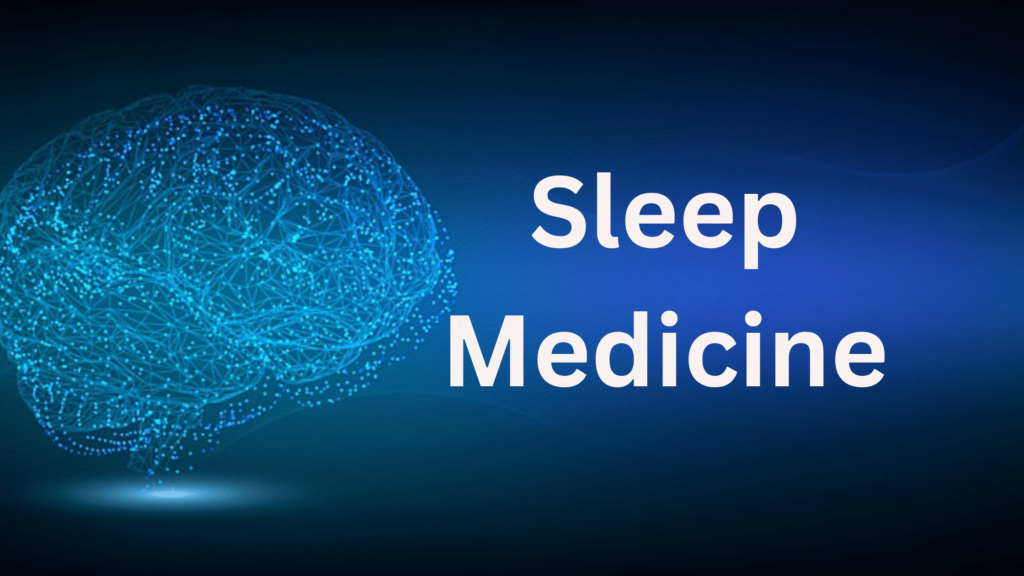What is Sleep Medicine? 🛌🩺
Sleep Medicine is a medical specialty focused on the diagnosis, treatment, and management of sleep disorders and problems related to sleep.
Common Sleep Disorders Treated
- Insomnia: Difficulty falling or staying asleep
- Sleep Apnea: Breathing interruptions during sleep, often causing loud snoring and daytime fatigue 💤😴
- Narcolepsy: Excessive daytime sleepiness and sudden sleep attacks
- Restless Legs Syndrome (RLS): Unpleasant sensations causing an urge to move the legs at night
- Circadian Rhythm Disorders: Problems with the body’s internal clock affecting sleep timing
- Parasomnias: Unusual behaviors during sleep like sleepwalking or night terrors
How is Sleep Medicine Practiced?
- Evaluation through patient history and sleep diaries
- Use of polysomnography (sleep study) to monitor brain waves, breathing, heart rate, and movements during sleep 💤📊
- Multiple Sleep Latency Test (MSLT) for assessing daytime sleepiness
- Actigraphy (wearable devices) to track sleep patterns
Treatment Approaches
- Lifestyle changes and sleep hygiene education 🛏️
- Continuous Positive Airway Pressure (CPAP) therapy for sleep apnea 😷
- Medications to treat specific sleep disorders
- Cognitive Behavioral Therapy for Insomnia (CBT-I)
- Use of devices or surgery in some cases
Why is Sleep Medicine Important?
Good quality sleep is vital for physical and mental health, memory, immune function, and overall well-being. Untreated sleep disorders can lead to serious problems like heart disease, diabetes, accidents, and impaired daytime function.
